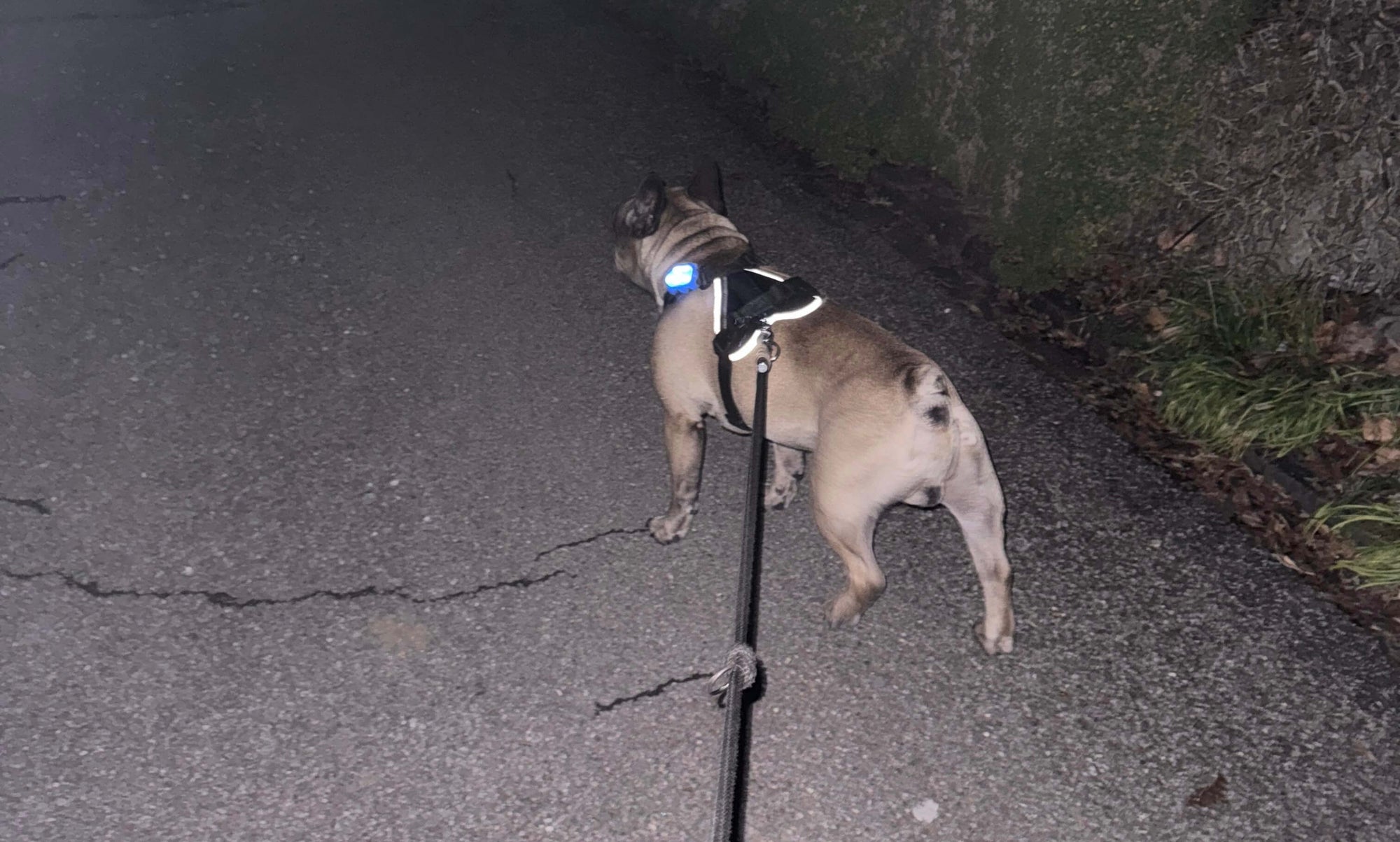Do you know that, too? After a long walk through the forest or at the edge of a field, your dog's fur is crawling → tick alarm !
What helps against ticks in dogs?
Ticks can transmit various life-threatening diseases through their bite . We humans can protect ourselves, for example by getting vaccinated, wearing long clothes, or by avoiding fields and deep forests. Searching for a walk on the body is also much easier for us than for our furry four-legged friends. But how can we protect them from ticks?
There are chemicals available from the vet that you can give your dog orally or apply to their fur. But even then there is no 100% guarantee that the ticks will stay away, because the ticks are becoming more and more resistant to the medication. That's why we show you two natural tick protection variants that have convinced us.
Tick protection in dogs: what can help?
One of the variants are tick necklaces with EM beads . The ceramic of the EM beads is made with effective microorganisms fermented clay which is said to help repel ticks through its vibrations. The EM beads should be cleaned under warm water every two weeks or if they are very dirty and then charged in the sun. For an optimal effect, the dog should wear the chain permanently.
Another variation is coconut extract. It is said that ticks do not like the taste of coconut and therefore do not bite and even stay away from the dog. Our 100% organic coconut rolls , which are given as treats, are suitable for this. Brand new you will also find premium organic coconut oil , which can be massaged into the fur before the walk or mixed into the feed.
But what to do if your dog does have a tick?
- Pull out the tick as quickly as possible with tick tweezers
- Disinfect the puncture site (a small amount of reddening is normal at first)
- Note, with date and place of insertion
- Keep an eye on the dog for the next 3 weeks
- If fever, circular reddening at the puncture site, exhaustion, vomiting or similar occur, consult a veterinarian urgently!


